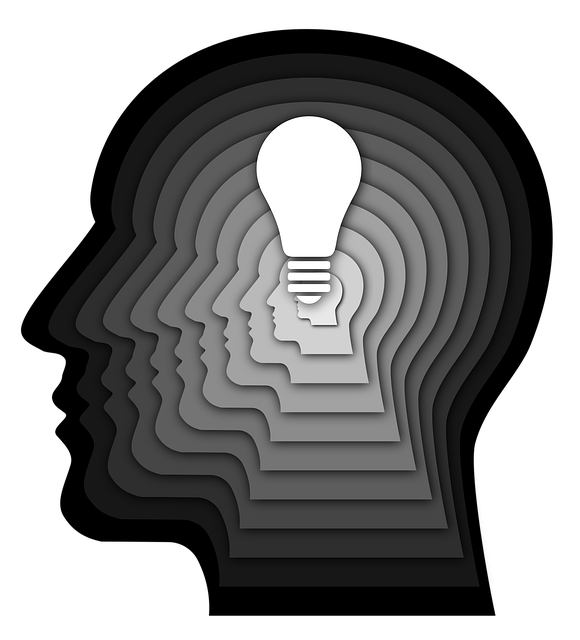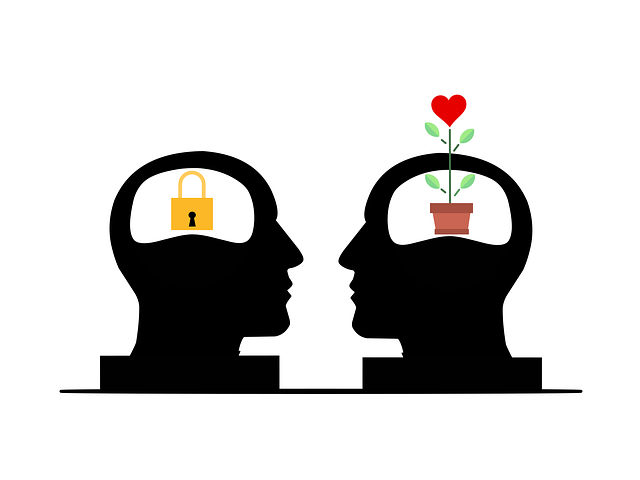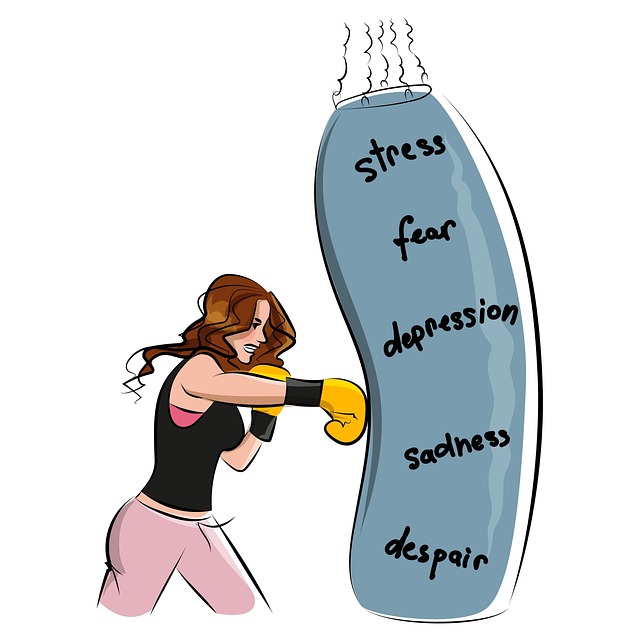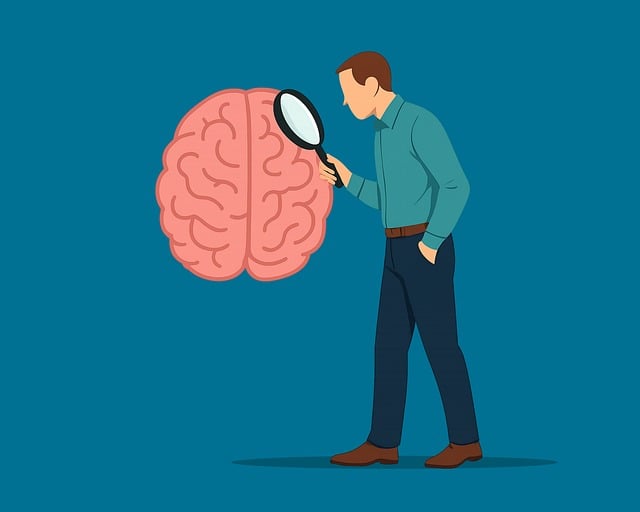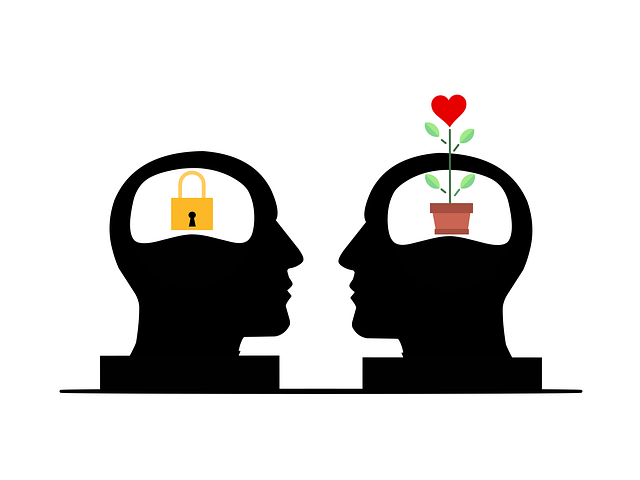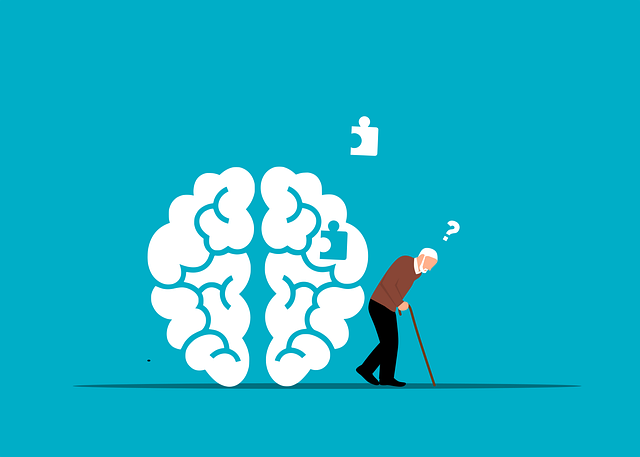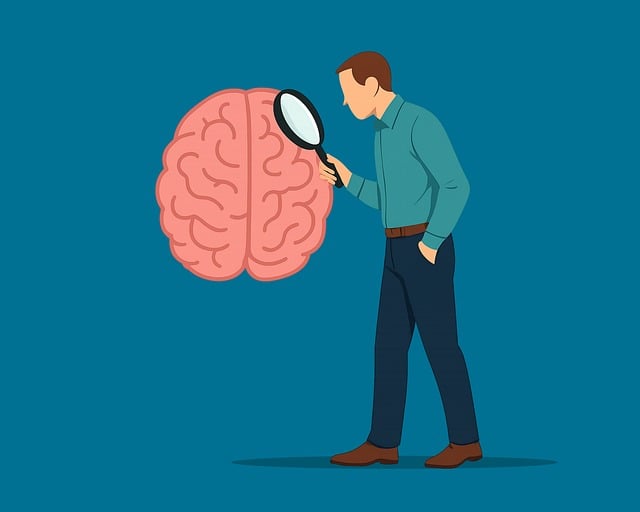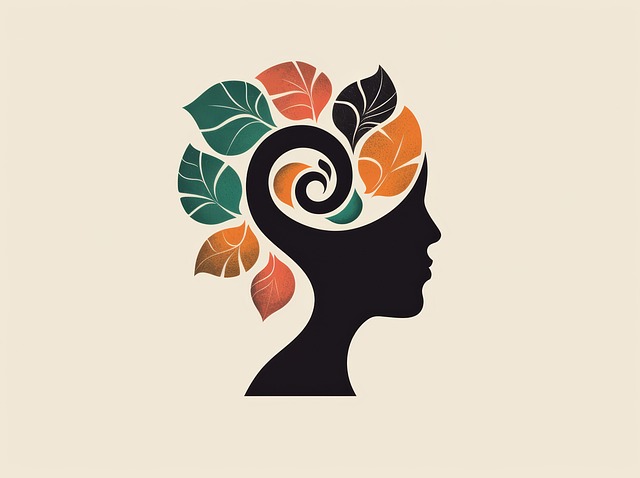Mental wellness in adolescent girls is greatly impacted by self-esteem and resilience, making therapy essential for navigating identity development and societal pressures. Through integrating self-care, stress management, and journaling, teens can improve self-image, emotional balance, and overall well-being. Journaling provides a safe space to express thoughts and emotions, enhancing self-awareness, emotion regulation, and communication skills. Personalized journaling routines, combined with therapy techniques like conflict resolution and risk assessment, empower teens to track progress, challenge negative thought patterns, and cultivate a deeper connection with themselves, ultimately strengthening mental health through 'mind over matter'.
Mental wellness journaling can be a powerful tool for adolescent teens seeking to improve self-esteem and navigate their emotions. This article guides you through understanding mental wellness as it relates to teens, exploring the therapeutic benefits of journaling, and offering practical steps to create a personalized journaling routine. By integrating this simple yet effective exercise into daily life, teens can foster better self-awareness, enhance emotional intelligence, and boost overall well-being.
- Understanding Mental Wellness and Self-Esteem for Adolescent Teens
- The Power of Journaling as a Therapeutic Tool
- Creating Your Own Journaling Exercise Routine for Optimal Results
Understanding Mental Wellness and Self-Esteem for Adolescent Teens

Mental wellness is a vital aspect of adolescent development, especially for teens navigating their identity and place in the world. Understanding mental health involves recognizing that it encompasses more than just the absence of illness; it’s about fostering resilience, emotional balance, and overall well-being. For teenage girls, self-esteem plays a pivotal role in their mental wellness journey. This delicate period is often characterized by intense self-scrutiny and a growing awareness of societal pressures, making therapy for adolescent teens an invaluable tool for self-discovery and growth.
By integrating self-care practices and mind over matter principles, teens can cultivate a positive self-image. This involves learning effective stress management techniques to cope with academic demands, social pressures, and internal expectations. Encouraging journaling as a form of expression allows adolescents to explore their thoughts, emotions, and aspirations, fostering a deeper connection with themselves and promoting mental wellness from within.
The Power of Journaling as a Therapeutic Tool

Journaling has emerged as a powerful therapeutic tool for adolescent teens, offering a safe and private space to explore their thoughts and emotions. By putting pen to paper, young individuals can unlock a wealth of inner strength and self-awareness. This simple act of writing allows them to reflect on their experiences, process difficult feelings, and cultivate a deeper understanding of themselves. For teens grappling with low self-esteem, journaling provides an outlet to challenge negative thoughts, celebrate achievements, and track personal growth—all integral aspects of fostering positive mental health.
Moreover, the practice can facilitate the development of essential life skills such as emotional regulation and effective communication, often targeted in social skills training programs. Through mindful expression, teens learn to articulate their sentiments, gain clarity on their desires, and foster a stronger connection with their true selves—all while adhering to the fundamental mind over matter principles that underpin mental wellness.
Creating Your Own Journaling Exercise Routine for Optimal Results

Creating a personalized journaling routine is a powerful tool for adolescent teens navigating their mental wellness journey. It allows them to connect with their emotions, thoughts, and experiences in a safe and reflective space. To optimize this practice, consider setting aside a dedicated time each day or week, choosing a quiet and comfortable environment free from distractions. Start by setting intentions; are you seeking clarity, self-soothing techniques, or exploring your self-esteem? This initial focus will guide your journaling prompts. For instance, if self-esteem is a concern, write about recent achievements, positive traits, or moments of courage.
Incorporating various journaling techniques can enhance the therapeutic effect. Encourage teens to explore free writing, where they jot down thoughts without censorship, fostering self-awareness. Drawing, coloring, or sketching also offer creative outlets for processing emotions. Additionally, incorporating conflict resolution techniques and risk assessment strategies learned in therapy sessions can provide valuable context and promote personal growth. Regularly reviewing and reflecting on journal entries allows individuals to track their progress and identify patterns, further strengthening the practice as a powerful self-care tool.
Mental wellness journaling can be a powerful tool for therapy among adolescent teens, helping them to process emotions and build self-esteem. By integrating this simple yet effective practice into their daily routines, young individuals gain insights into their thoughts and feelings, fostering a deeper understanding of themselves. This, in turn, can lead to improved mental health outcomes and enhanced overall well-being. Encourage adolescents to explore their emotions through journaling as a means of nurturing their resilience and self-worth.

